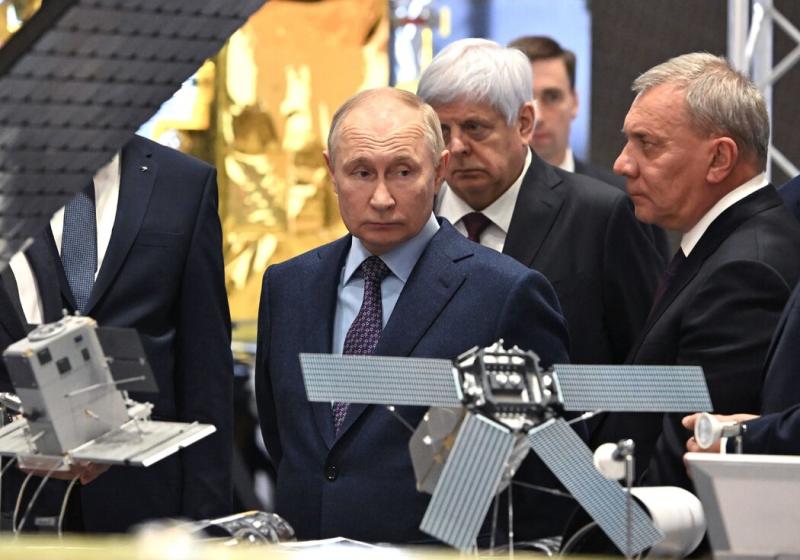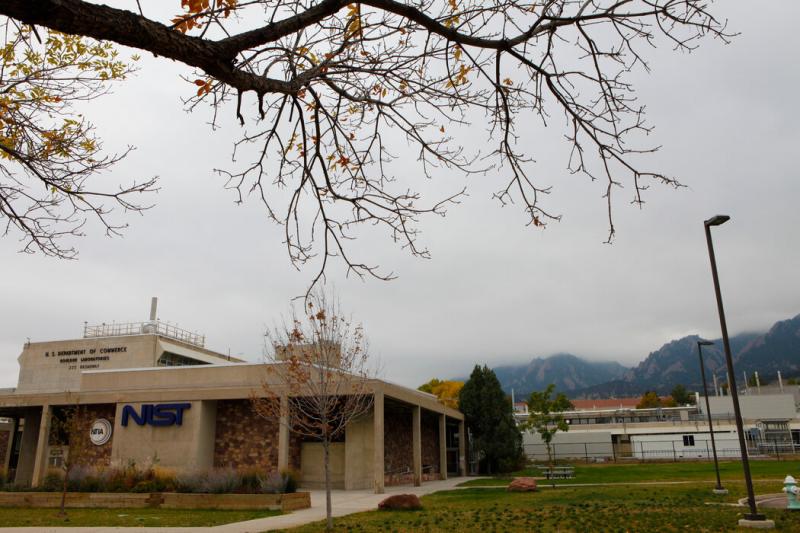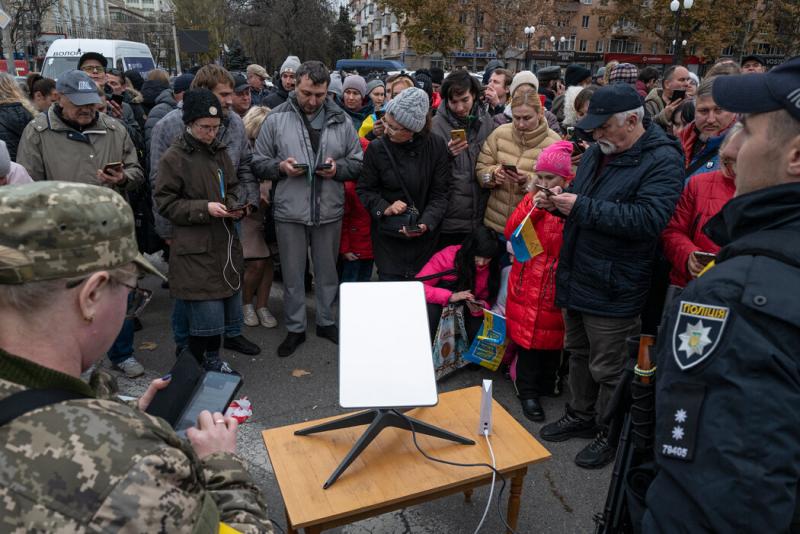
The United States and China are starting a new competition on space and the earth to compete for a fundamental resource: Time
The United States is defeating in this competition.
The satellites that provide global positioning services are like clocks in space. The signals they send have become the foundation of the global economy. It is essential for telecommunications, emergency rescue telephone services and financial transactions.is also like this.
But with the rapid militaryization of space, satellite signals are attacked on the earth, and satellite positioning services are becoming more and more vulnerable to attack.
But if the existing satellite signal is destroyed in space or land, unlike China, the United States does not have satellite positioning alternatives for civilians to use.
This risk may sound as far as a science fiction.However, the US government has stated last month that Russia may deploy nuclear weapons in space to turn people's attention to the vulnerability of satellites again.The former vice chairman of the United States Chiefs Chief of Staff and the current retired Air Force John Heett once called some satellites as "big, fat, juicy and more targets."
Over the years, the practical threat to satellites has been increasing.
Russia, China, India, and the United States have all tested anti -satellite missiles. Several major powers in the world have developed technology to interfere with space signals.A satellite in China has a robotic arm that may destroy or move other satellites.
Other invasion is happening on the earth.Russian hackers used the infrastructure of a satellite system on the Ukrainian ground as the target of crackdown, and cut off the Ukrainian Internet when the Russian and Ukraine War broke out.Use the interference signal to flood the satellite signal, and the increasing attacks such as counterfeit satellites sending signals are increasing, leading to a diversion of the flight and confusing the pilot away from the battlefield.
If the world loses the connection with the positioning satellite, daily economic losses will be as high as billions of dollars.

Despite these risks, according to document display and experts, if the GPS signal disappears or is disturbed, the United States has a reliable civil time source and navigation system replacement scheme for several years.Although the US Department of Transport, which is responsible for civilian time and navigation projects, did not answer the follow -up questions raised by the reporter.
The Obama administration has proposed a plan in 2010. Experts have hoped that the plan will establish a satellite backup system, but the plan has never been implemented.Ten years later, former President Trump said in an administrative order issued by him that interference or manipulating satellite signals pose a threat to national security.But he did not propose a substitute, nor did he provide funds for protecting infrastructure.
Bynden government is bidding to private companies, hoping that they can propose technical solutions.But it may take years to adopt these technologies for a few years.
In the United States behind, China is making progress and establishes its so -called world's largest, most advanced, and most accurate timing system.
According to planning documents, official media reports, and academic papers, China is building hundreds of time -awarding stations on land to laid 20,000 kilometers of optical cables underground.This infrastructure can provide time and navigation services without relying on the Beidou satellite system. The latter is a system of Chinese replacement of GPS.China also plans to launch more satellites as a backup signal source.
"We should seize the strategic opportunities, promote it, and build the ability to form formation as soon asroad.
China has retained and upgraded the "Loran" system developed during the Second World War. The system uses a radio transmitting tower to send a long -distance time signal.The improved system can provide time signals for eastern and central China, and extend signal coverage to Taiwan's coast and parts of Japan.The construction of the system extending west is in progress.

Russia also has a long -distance Roland system that is still in use.South Korea has upgraded its country to fight against North Korea's radio interference.
But the United States has officially stopped using its country's Roland system in 2010, and Obama calls it "outdated technology".There is no plan that can replace it.
In January this year, the US government and several private companies tested a improved version of the Roland system with the wireless Electric Lairer of the Coast Guard.However, the company is not interested in running the system without funding the government, so the Coast Guard intends to deal with all the eight transmission stations.
"The Chinese have done what we Americans say what we want to do," Dana Ghward said. He is the chairman of the tough navigation and time of the Foundation in Virginia."They are firmly on the road that does not rely on space."
What is the United States doing?
Since Trump issued an administrative order, about a dozen companies have proposed to consider choices, including launching new satellites, establishing fiber -fiber time systems, or restarting the improved version of Roland.But there is almost no product listing.
A private company named Satelles cooperated with the National Standard and Technology Research Institute (NIST) in Colorado. The satellite on the orbit of about 780 kilometers above the surface of the earth has developed an alternative source of time.
Nist scientists said that the signals from these satellites are 1,000 times stronger than the GPS satellite, and the track of the GPS satellite is about 20,000 kilometers above the surface of the earth.High -intensity signals make them more difficult to be disturbed or faked.And the near -ground rail satellite is smaller and distributed wider, so they are not easy to be attacked by space compared with GPS satellites.

These satellites get time from all over the world, including a NIST facility in Colorado and a Italian research center outside the suburbs of Milan, Satelles CEO Michael Oconner.
China also has a similar plan to upgrade its national timing system by 2035.In order to enhance the Beidou system to launch a satellite, it plans to send nearly 13,000 satellites to the near -ground track.
China said that the motivation for these investment comes from concerns about launching space attacks in the United States.Researchers at the Chinese Academy of Military Sciences said that the United States is "going all out" to build its own space network warfare capabilities, especially after the Russian and Ukraine War allows people to "more deeply recognize the importance of space network security".

Although the US government has added space defense budgets, the American Space Army (a military of the US Army) has not answered specific questions about their anti -satellite capabilities.The Space Army claims that it is establishing a system that ensures national interests because "space has become an increasingly crowded and controversial field."
The U.S. military is developing a military GPS backup system that is separated from civilian systems for precisely guided missiles and other weapons.Most of the technologies of this system are confidential, but one of the solutions is to use the so -called M code signal. The Space Army said that this signal can resist interference and operate in war better than civil GPS.However, the system has been disturbed by multiple delay.
The U.S. military is also developing a positioning, time and navigation service system distributed on near -ground track satellites.
Other confrontation methods are focused on history.The US Navy Academy has restored how to use star navigation courses for professors.
What will happen if the United States cannot find a solution?
Satellite System -GPS in the United States, Chinese Beidou, Galileo in Europe, and Glonah in Russia -are important sources of time, and time is the cornerstone of most navigation methods.
Taking the US GPS system as an example, each satellite carries an atomic clock, and the satellite sends its position and accurate time radio signal.After receiving a signal from four satellites, the GPS receiver of the mobile phone is calculated according to the time required by these signals to the phone.
The navigation systems carried by cars, ships and aircraft work in the same way.
Other infrastructure also depends on satellites.Telecom companies need to be accurate time to synchronize their networks.The power company monitor the state of the power grid and quickly identify and check the failure of the satellite.Financial exchanges need accurate time to track the order.Emergency service departments use satellites to locate people who need help.Farmers' precise sowing crops require satellite time.
The world without satellite signals is a almost blind world.The road of continuous traffic jams can cause ambulance delays.The mobile phone call will be broken halfway.The ship may be lost.The power -off time may be longer.Food may be more expensive.Traveling to various places will be more difficult.
But according to the US Cyber Security and Infrastructure Security Agency, some important civilian system design is based on a wrong assumption, that is, satellite signals are always there.
This dependence may have extremely serious consequences.A recent report from the UK shows that all satellite signals interrupted a week will cause a loss of nearly $ 9.7 billion to the British economy.A earlier report estimates that the loss of the US economy reaches $ 1 billion per day, but this is a report five years ago.
"It is like oxygen. Before it is, you can't detect its existence," the former commander of the United States Coast Guard General Sad Allen said last year that he was the position, navigation and time of time,The person in charge of the State Adviser Committee.
At present, the loss of mutual guarantee has prevented big attacks.Satellite signals are transmitted on a narrow radio frequency band, which makes it difficult for one country to interfere with the satellite signals of another country without interrupted the country's services.
The free GPS system for 50 years has "let everyone be inseparable from it", and Gordodd, a tough navigation and the time for the time for the Foundation.The government did not do enough to provide the public with an alternative system, he said.
"The government is just aware of this problem, not to solve the problem," he said.



